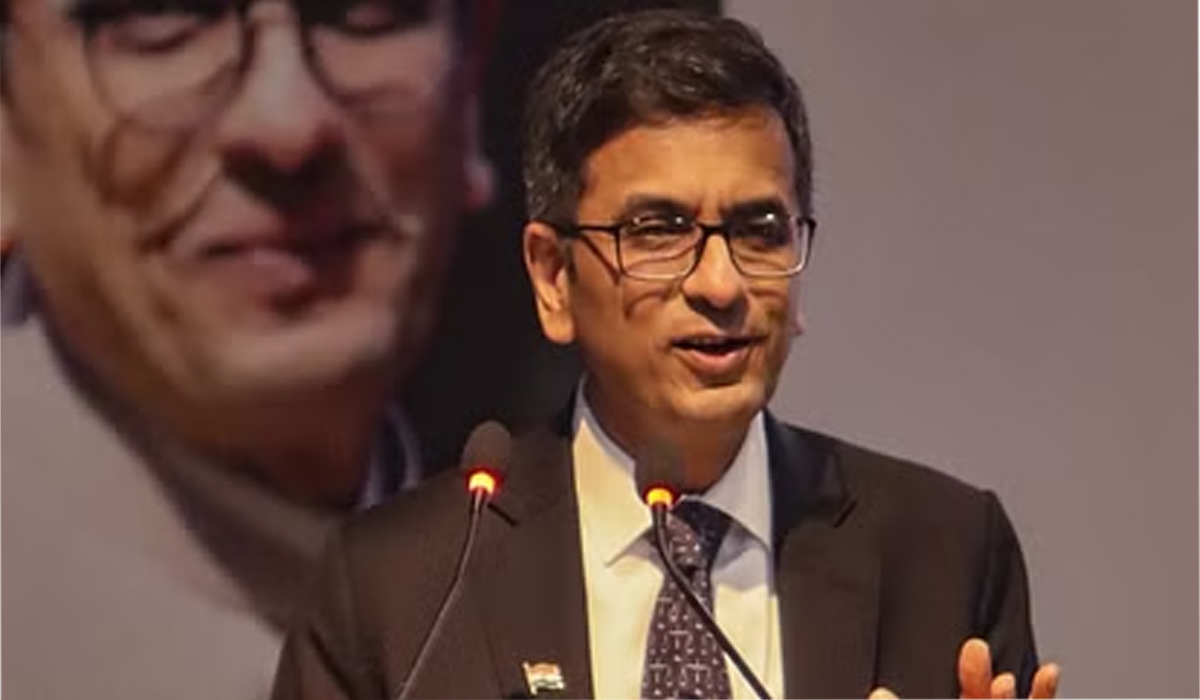
Nepal : Chief Justice of India DY Chandrachud on Saturday delivered a lecture on juvenile justice at a symposium organized by the Supreme Court of Nepal in association with UNICEF and highlighted that children are often driven to delinquent behaviour due to economic disparity, domestic violence, poverty.
CJI explained the correlation between deprivation of economic resources and juvenile delinquency and a holistic approach focused on aspects such as deprivation and poverty is necessary to address this as children can become more susceptible to negative influences with no necessary guidance.
“In the film “The Florida Project” (2017), young Moonee navigates her childhood in the shadow of economic hardship, residing with her single mother in a budget motel. As her mother grapples with personal obstacles, Moonee finds herself navigating the harsh realities of poverty largely on her own,” he said.
“The film tenderly portrays the impact of familial instability on children, shedding light on the delicate interplay between economic disparity, societal inequity, and familial bonds. Moreover, practices like child marriage and labour may deprive children of their childhoods, exposing them to exploitation and abuse, further heightening the risk of delinquency,” he added.
The landmark gathering was aimed at reshaping juvenile justice systems, the National Symposium on Juvenile Justice unfolded today with an array of stakeholders, including legal luminaries, government officials, and international representatives. CJI D.Y. Chandrachud delivered a keynote address, emphasizing the pivotal role of juvenile justice in shaping future societies.
